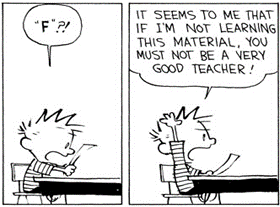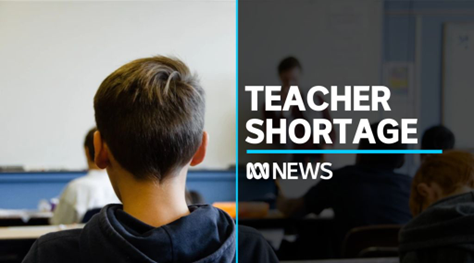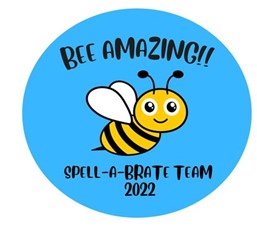
Reports keep telling us that Australian education standards are falling.
The song remains the same…
- Governments tell us they are spending more money than ever on education.
- Employers are telling journalists that they can’t find employees who can “read or do basic maths”.
- Schools are accused of being “woke” and not teaching the “basics.”
- Media articles promote a ”funding war” between the three main education systems.
- Teachers complain about overload and lack of respect from parents and society.
- Teacher shortages are turning some school classes into babysitting.
Without wishing to get political or cynical, let me respond to some of the comments about education that appear in the print media.
Comment #1: Sadly and predictably one of the key factors of low performance is hardly addressed, namely the behavioural issues endemic in every classroom. Many teachers spend a vast amount of their valuable time dealing with emotional and behavioural problems that impact on the learning of the many willing and capable students unable to access consistent and expert teaching.
Response: I am not saying that our school never has any behavioural issues in the classroom, but generally our classes are well-organised, well-run and safe learning places. Our staff are well supported when behavioural issues do arise.
Comment #2: After a decade of decline in student performance, and the results continue to go backwards, then clearly the system is at fault. This isn’t the teacher’s or the school principal’s fault. They teach what they are told to teach using the curriculum and materials provided.
Response: Our school’s results in public examinations and competitions continue to improve. There are issues with overcrowded curricula but our teachers focus on uncovering the curriculum, rather than box-ticking every point and that tends to make learning more interesting and engaging.

Comment 3#: The rule of thumb in any organisation is that 85% of faults lie with systems, processes, structures and practices in an organisation and only 15% is down to the skill of those lower in the business and it is the responsibility of management to fix this.
Response: The joy of working in an independent school is that dysfunction and bad practice can be quickly identified and remedied. If it works for our students, we can do it. That’s why concepts that address 21st-century skill needs like Deep Learning can be efficiently adopted and developed at our school.
What is deep learning? When engaged in deeper learning, students think critically and communicate and work with others effectively across all subjects. Students learn to self-direct their own education and to adopt what is known as ‘academic mindsets’ and they learn to be lifelong learners.
Comment #4: When teachers are unable to impose any kind of discipline, when students play the game knowing there is no retribution and when parents think their little darlings are incapable of ruining a class it becomes impossible to teach.

Response: As a school, we are grateful for the support of our parent body. We recognise the importance of the Parent-Student-Teacher relationship in creating educational opportunities and success and believe that this relationship is one of the keys to success.
Comment #5: In Australia prescriptions and solutions are offered by non-educational experts which are mostly inappropriate and do not work. We have been doing the same things for years with the same results. It is time to change the system.

Response: Unless you are careful, education can be fad-driven. As an independent school, we are able to examine the very best approaches in teaching and learning and determine if these good ideas are suitable for our school. We have no hesitation in learning from the best so that we can be the best.
Comment #6: Never mind the fact that there would be thousands of students who don’t have a regular teacher in front of them or a teacher at all.

Response: The stories of teacher shortages and classes not being taught are truly frightening and I feel for those schools who, for whatever reason, cannot find the staff they need. Thankfully, St Columba remains able to attract excellent teachers and was able to run classes, even during the pandemic.
Comment #7: There are teachers of varying abilities in all education systems but when teachers get together at professional learning conferences we all share the same concerns and passions; we all care about our students and we all work many hours overtime. Private and public.
Response: The divide-and-conquer attitude that often exists in our society in regard to education is, at best, unhelpful. There are great teachers working their hardest in all schools and all systems. No one system has all the answers and every school has its individual challenges and media “click baiting” often ignores this.
Comment #8: You can throw whatever amount of money you like at schools, but if the basics are not taught over “feel good” programs, it will only get worse.

Comment: I cannot speak for other schools but the foundational skills of literacy and numeracy remain a key component of a St Columba education. When we, several years ago, identified gaps in the teaching and learning of these key areas, we addressed them by ensuring that we had in place the right approaches, right structures and right staff to address the problem.

Want to share your thoughts on this story, or do you have something you’d like to add? Email me at principal@scas.nsw.edu.au

